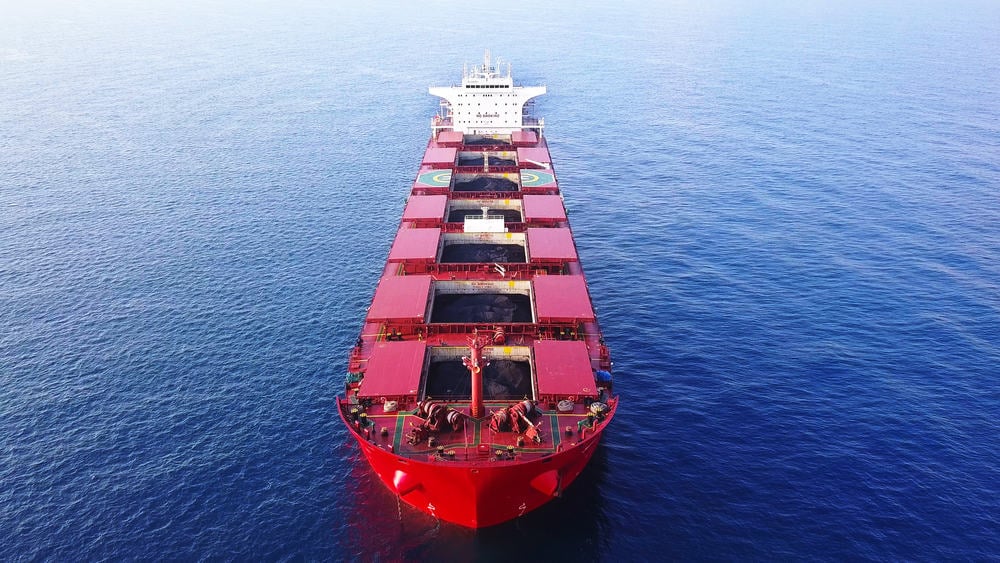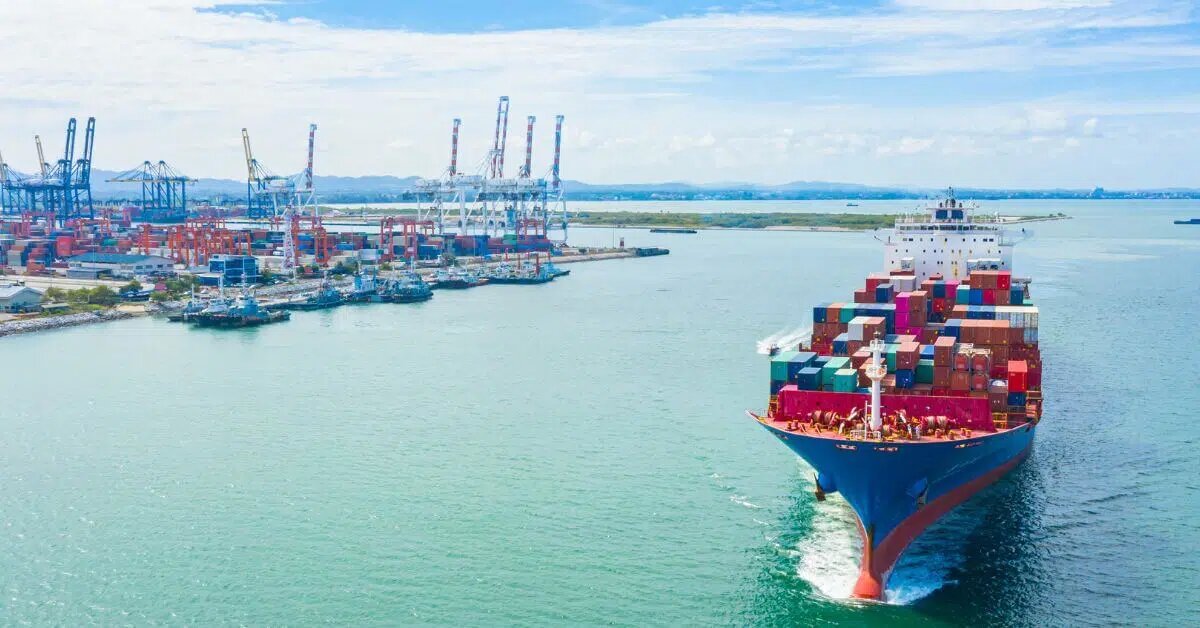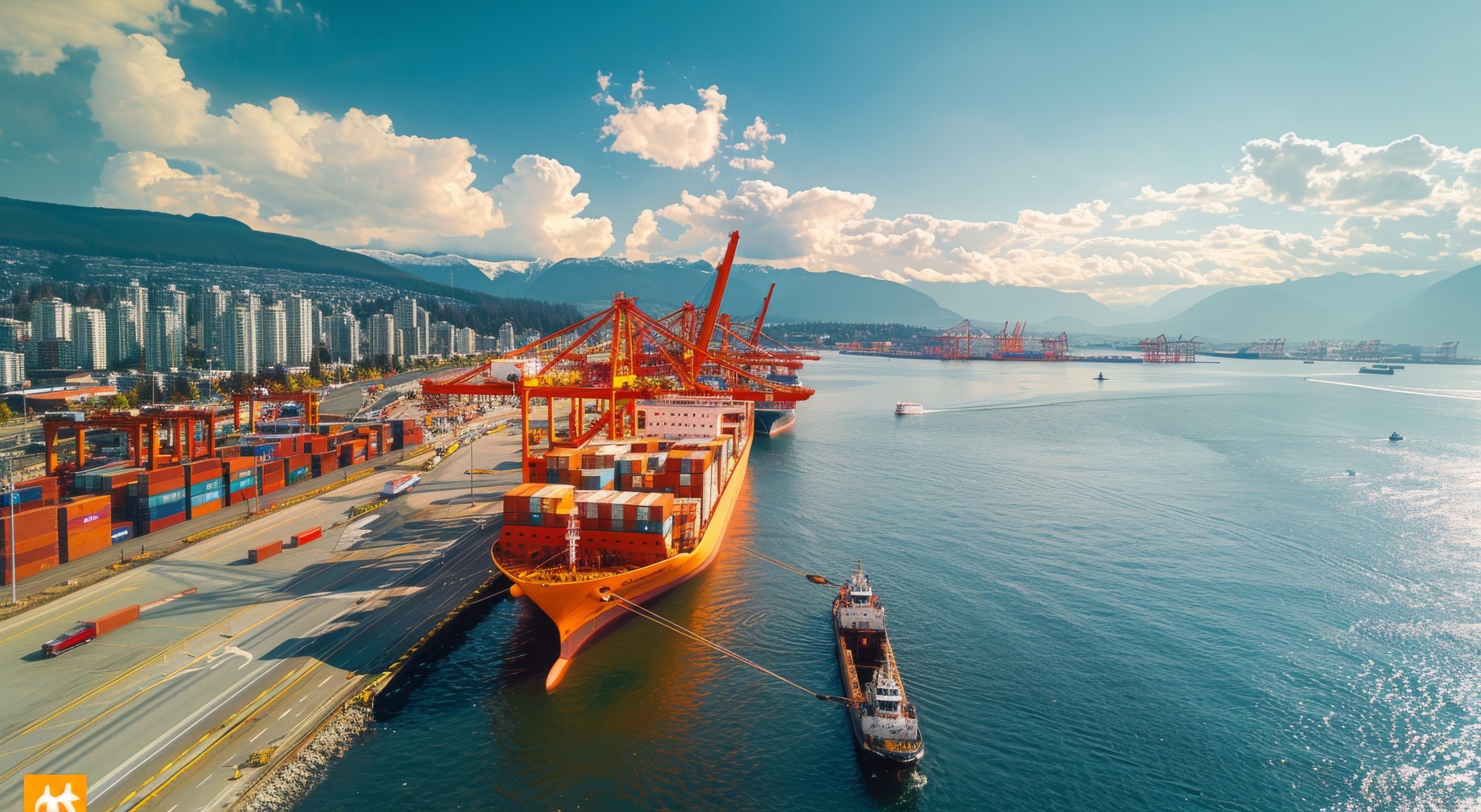A GROUP of shipowner associations representing around a quarter of global tonnage has thrown its weight behind the Net-Zero Framework set to be voted on at the International Maritime Organization next week.
In a statement given exclusively to Lloyd’s List, signed by the leaders of the Japanese Shipowners’ Association, Royal Belgian Shipowners’ Association, Royal Association of Netherlands Shipowners, Singapore Shipping Association, UK Chamber of Shipping, Norwegian Shipowners’ Association and Danish Shipping, urged IMO member states to “make history in London” by adopting the Net-Zero Framework at next week’s extraordinary meeting of the Marine Environment Protection Committee.
“As a result of multiple years of negotiations, the Net-Zero Framework is set to propel sustainable shipping at a truly global scale,” the group said.
It offers “concrete mandates” for the reduction of emissions, the associations said, as well as a “pricing mechanism that puts a cost on undercompliance and rewards the use of alternative, greener fuels under a global fuel standard”.
“These are clear, global measures that will drive down the industry’s climate emissions.
“Crucially, it will strengthen the business case for cutting emissions and investing in sustainable energy, fuels and technology.”
That view was not shared by another group of shipowners, who instead voiced their opposition to the framework last month.
The group, including the Angelicoussis Group, Bahri, Capital Group, Frontline, GasLog, Hanwha Shipping, George Prokopiou companies, Stolt Tankers and George Economou’s TMS Group, as well as others, said it did not believe “the IMO NZF will serve effectively in support of decarbonising the maritime industry as per the IMO2023 strategy, nor ensure a level-playing field as intended”.
Major shipowners condemn Net-Zero Framework in unprecedented statement
By Nigel Lowry19 Sep 2025
‘Fundamental’ problems with proposals cannot be resolved after adoption, group warns
Read the full article here
‘Fundamental’ problems with proposals cannot be resolved after adoption, group warns
Crucially, it argued that a failure “to incentivise investment in known and available transition technologies with established standards, and focusing only on unproven ZNZ (zero or near-zero) solutions, will result in the majority of shipping shifting towards pay-to-emit operations”.
They are not the only ones who have poured cold water on the framework in recent weeks.
DNV Maritime chief executive, Knut Orbeck Nilssen, stressed “major concern” over its delivery, questioning why the IMO was putting “roadblocks” in the path of liquified natural gas to decarbonise the industry.
Fellow class society ABS went one step further. Chief executive Christopher Wiernicki called for the IMO to take a “timeout” and rebuild its NZF.
“The IMO needs to approach this as if it were building a ship — systematic, explicit, specific and achievable,” he said.
“The stakes are high, timelines are short, and the current gaps between fuel options are significant.”
Speaking to Lloyd’s List following the dissent from the group of shipowners and class societies, UCL professor Tristan Smith said it was not “particularly surprising or new that some shipowners with various LNG interests are expressing negativity to regulation that will reduce their competitivity, especially when viewed through the ‘coincidence’ of similar ABS and DNV PR from the last few days”.
He said those views were nothing new and had likely already been priced into the positions of member states back in April, when the NZF was initially agreed on MEPC83.
As Lloyd’s List senior reporter Declan Bush said on this week’s edition of the Lloyd’s List Podcast, failing to adopt the NZF does not mean climate regulation will go away. Instead, it will likely mean more rules, not fewer.
It’s a view shared by the group of shipowner associations that have today expressed their support of the framework.
The alternative, they said, “is a complicated and inefficient patchwork of national and regional regulatory frameworks”.
“Not only is this an entirely wrong solution for a global industry such as ours, such a scenario will also derail ongoing efforts towards the energy transition and jeopardise world trade through distorted market conditions and unfair competition,” they said.
With that in mind, the group has also called on the EU to align itself with the IMO regulations if they are adopted to avoid “double payment for shipping emissions and to reduce the regulatory burden”.
The EU has said that it will align its policy with the IMO’s, but only if it considers the UN body ambitious enough.
That of course leaves the door open for it to continue collecting penalties from FuelEU and the ETS, penalties it has been suggested EU member states might be reluctant to give up.
ECSA European Shipowners (formerly ECSA) said the EU’s policy was in part introduced to nudge the IMO towards action and the adoption of an international system to reduce emissions.
That goal, it said, has now been achieved.
A glimpse of what’s in store should the Net-Zero Framework not be adopted (or if the EU continues to enforce its own rules) has been offered by the action of some African states.
Earlier this year, Djibouti and Gabon levied a $17 per tonne of CO2 equivalent charge on 50% of emissions from voyages to and from their ports, echoing the EU emissions trading system.
The Africa Sovereign Carbon Registry Foundation (the organisation behind the scheme) secretary-general Ahmed Araita Ali said African governments “are not naïve” and said they had the right to require climate accountability from operators working in and around its ports.
Africa makes up 17% of the world’s population but is responsible for just 4% of global emissions and was assessed by the Intergovernmental Panel on Climate Change in 2022 as being the continent most vulnerable to climate change.
“African countries are simply asserting their right to climate sovereignty, and they expect companies from the Global North will respect this autonomy rather than undermine it,” he said.
More countries are expected to join the ASCR’s scheme, and there’s good reason to believe other similarly regional schemes could be set up in the future, should the IMO fail to offer a unified framework.
The group of associations was unequivocal in its support for the framework ahead of next week’s vote, and in its warning of the alternative.
Anything else, it said, would be a “major setback for the green transition” and leave the industry to navigate an “unwieldy patchwork of regional climate regulations”.




